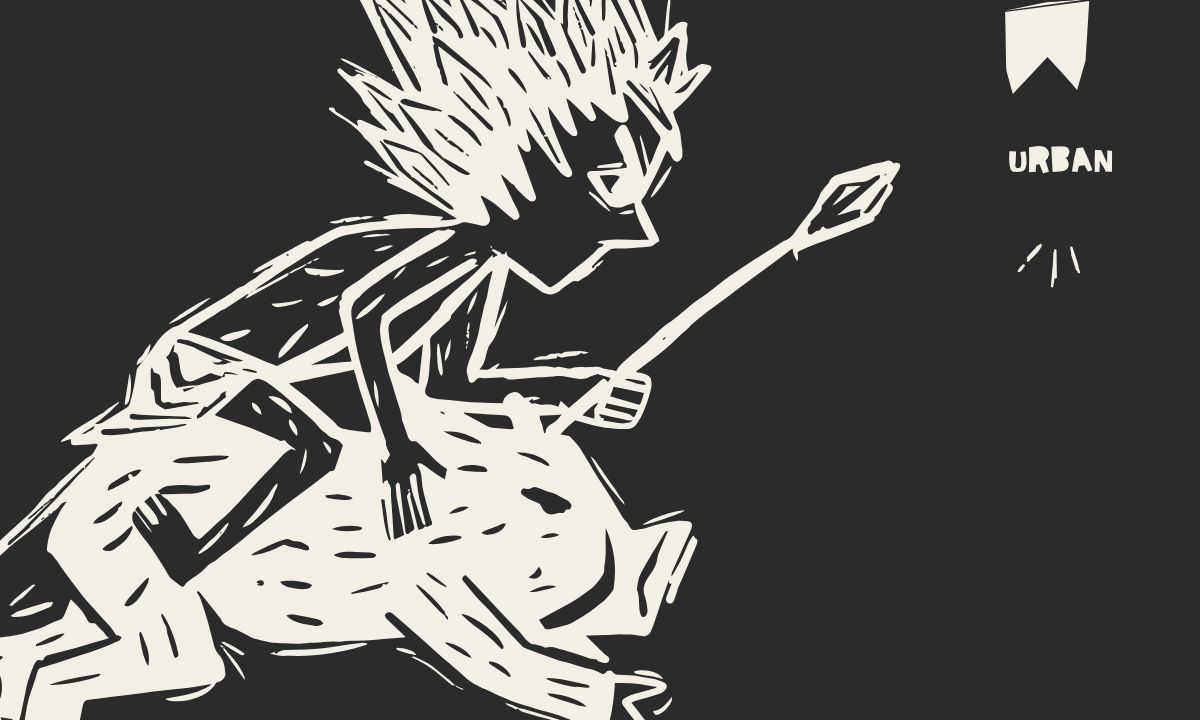
History
Ian Guedes, Apr 22nd, 2025

5 Popular Myths and Legends That Have Surprising Origins
Throughout history, fascinating myths and legends have emerged and spread throughout the world, but did you know that many of these stories have unexpected origins? In this article, we explore 5 popular myths and legends with surprising stories that reveal how the collective imagination is formed.
The Fascination with Myths and Legends
Since ancient times, legends and myths have played an important role in shaping popular culture. They explain natural phenomena, guide behaviors, and often carry elements of magic and mystery. But what many don't know is that many of these myths have surprising origins, often linked to historical events or curious interpretations. In this article, we will explore 5 popular myths and legends with fascinating and unexpected origins.
1. The Legend of Saint George and the Dragon
This famous legend tells the story of a knight who defeated a dragon to save a princess. Although the story of Saint George is widely known, its roots are not in a real event but in a mix of Greek mythology and medieval Christianity. The figure of the armored knight represented the battle of good versus evil, something deeply symbolic during the Middle Ages, a time filled with conflicts and religious symbolism.
2. The Story of the Blonde Woman in the Bathroom
This very popular urban myth in Brazil talks about a woman who haunts school bathrooms and other places. However, the origin of the story dates back to the 1960s, when rumors about a murdered woman began to spread, likely influenced by real events of urban violence. The story evolved over time and became a scary legend that permeates youth culture, especially among teenagers.
3. The Myth that Breaking a Mirror Brings Seven Years of Bad Luck
This myth is one of the most well-known when it comes to superstitions. Its origin is related to the belief that a person's soul is reflected in their mirror, and breaking it would mean causing harm to one's own soul. However, the superstition has roots in the Roman period when people believed that human life renewed every seven years, which possibly explains the durability of the "bad luck" associated with a broken mirror.
4. The Myth of Elvis Presley Being Alive
After the death of Elvis Presley in 1977, rumors began circulating that the King of Rock was still alive. This myth spread quickly, partly due to the mysterious nature of his death and his enormous popularity. Many people based their beliefs on "clues" such as sightings and mysterious signs of his presence, but the origin of the myth comes from conspiracy theories that thrived in the pop culture of the time.
5. The Loch Ness Monster
The legend of the Loch Ness Monster in Scotland has existed since the 6th century, but it gained worldwide notoriety after a famous photograph was taken in 1934. The origin of the legend is linked to Celtic myths about aquatic creatures and, later, a sighting of an unknown creature, which could be interpreted in many ways. Today, it is widely discussed as a combination of ancient myths and humanity's desire for inexplicable mysteries.
You will also like it
Sou aquele cara curioso que adora entender como as coisas funcionam – seja no mundo da tecnologia, nos mistérios da mente humana ou em qualquer canto do universo que me desafie a aprender mais.



